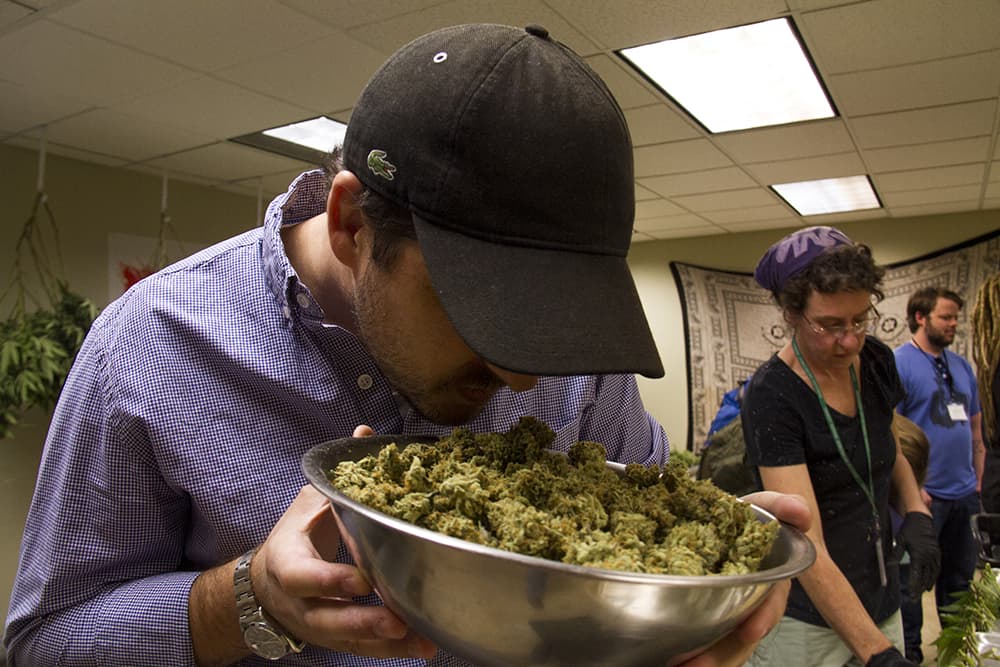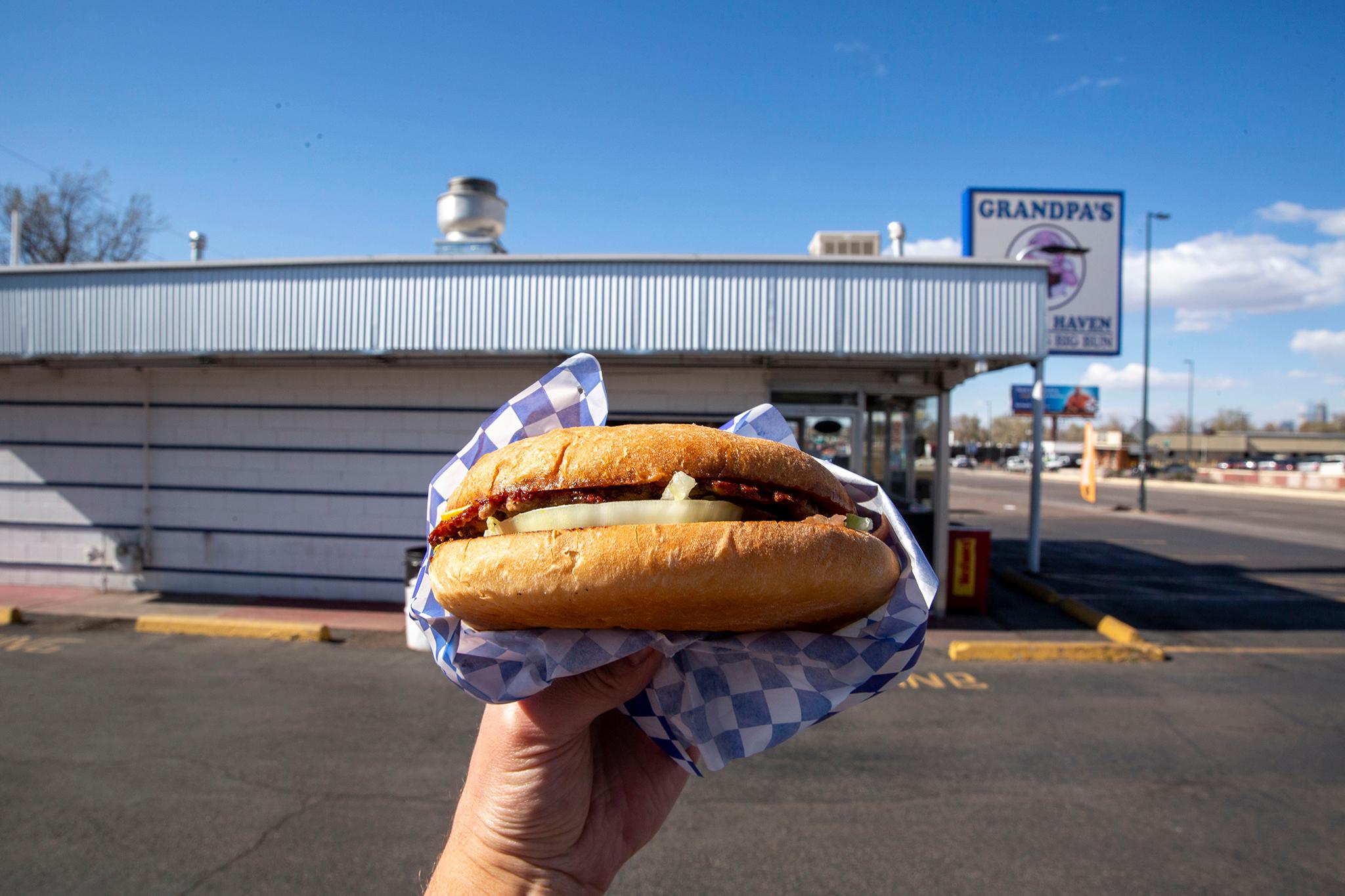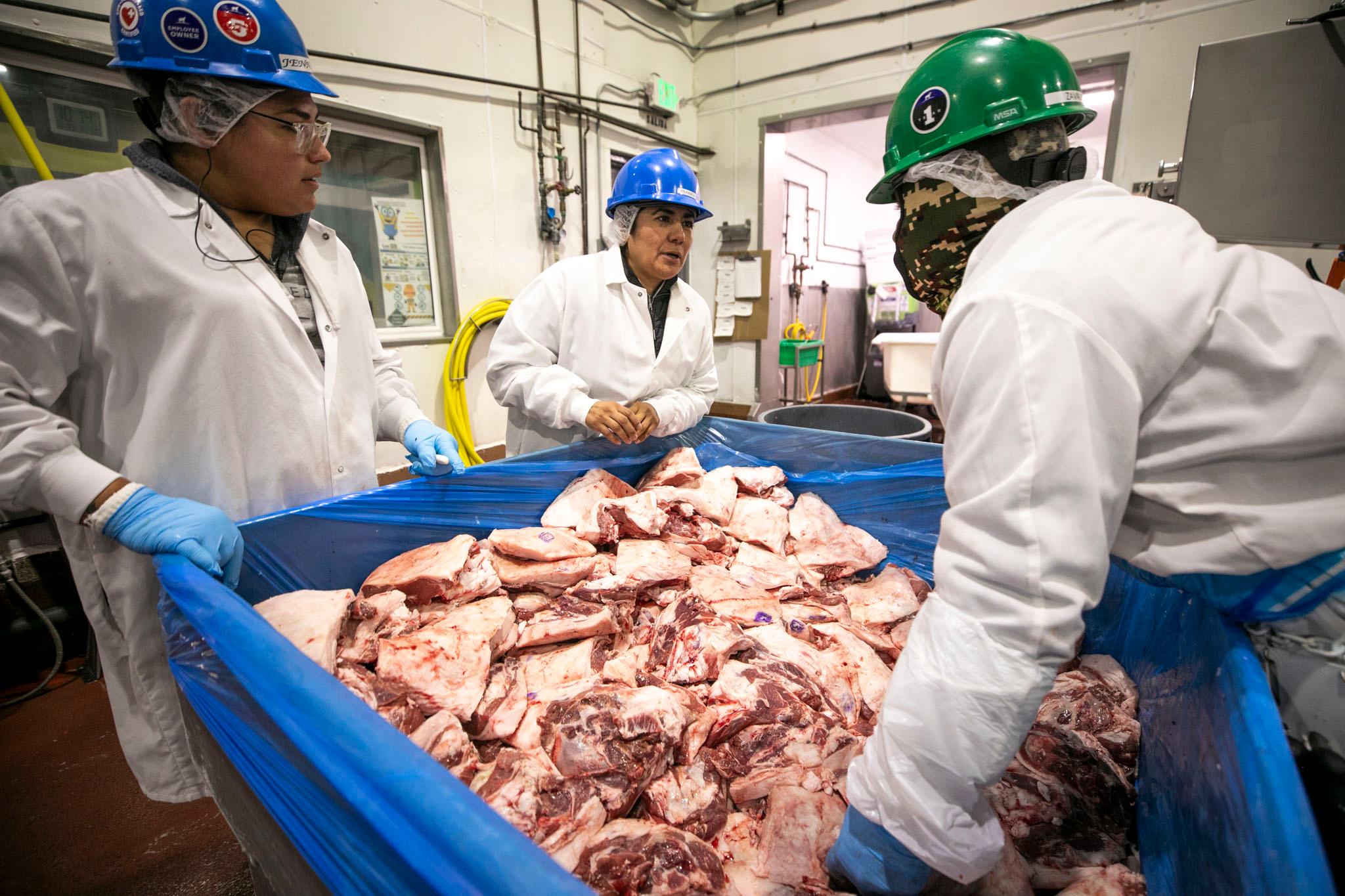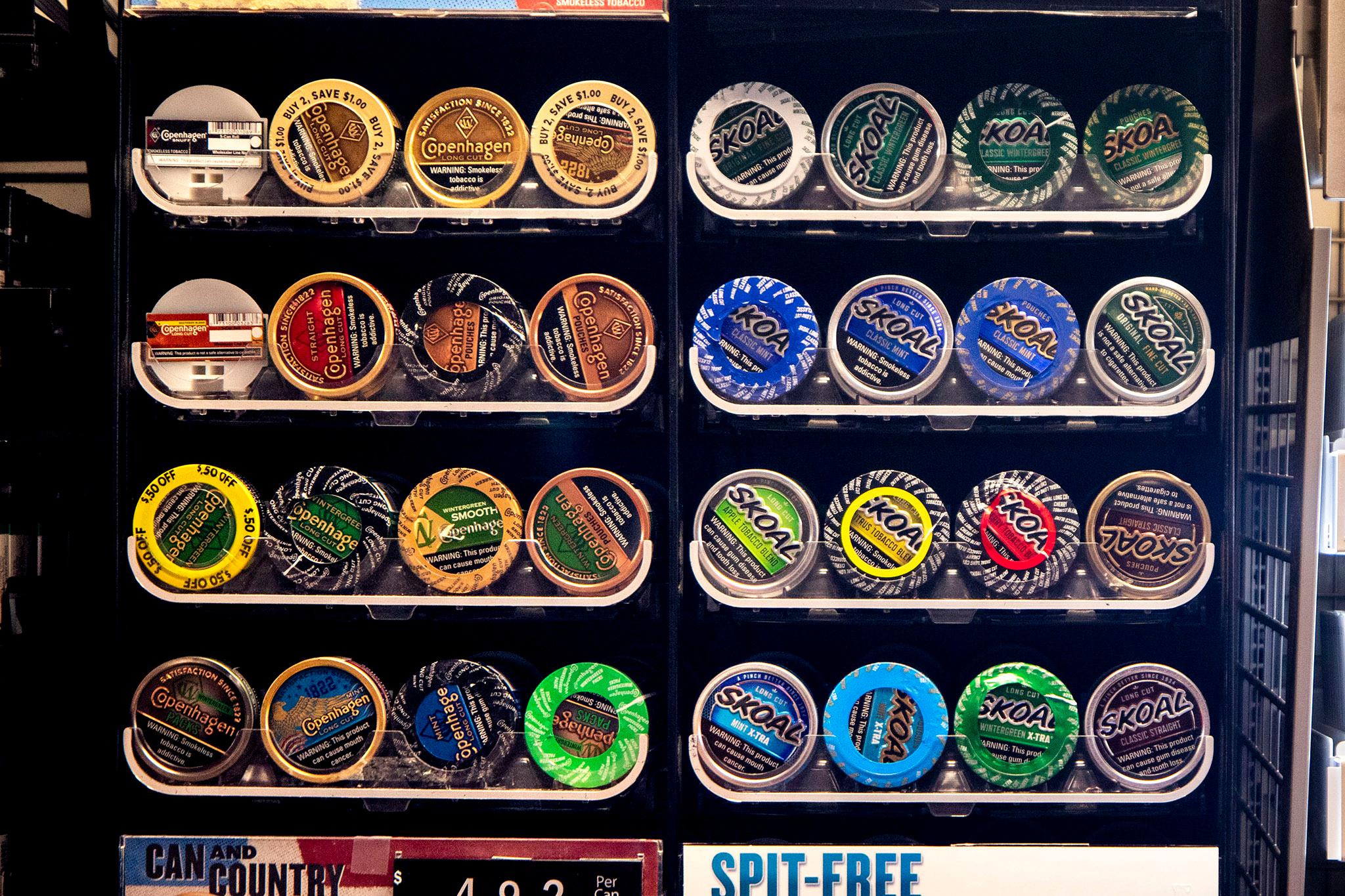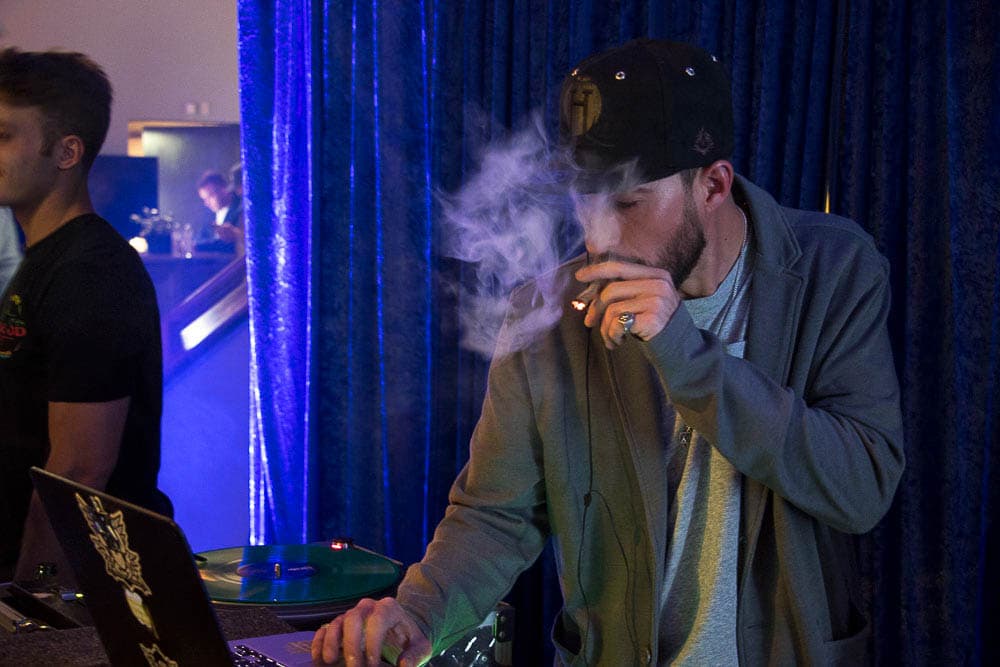
Denver yoga instructors, waiters and others working at social consumption spots could be tasked with figuring out which customers are too high to drive.
Denver councilwoman Kendra Black and others on the city's Social Consumption Advisory Committee said last month that regulators should consider requiring training for the staff of permitted social cannabis businesses. Ideally, the training would help employees make sure only customers 21 and older are consuming and that nobody is getting behind the wheel intoxicated.
What training would actually look like remains to be seen. Some fear it could mean more red tape for the implementation of Initiative 300.
Black is one of the 22 people on the committee tasked with suggesting rules for social cannabis consumption permit seekers. The group is set to gather for its fourth meeting Friday morning.
"As a good faith effort to the wider community, I think that (mandatory training) is something we should consider," Black said.
I-300 was passed by Denver voters in November partly so that Denver would regulate marijuana more like alcohol and allow its use in just about any kind of permitted business that doesn't sell cannabis. City staff plans to finalize the rules for social cannabis consumption permits during the summer.
Denver does not require employees in restaurants, bars and other drinking spots to be trained, said Maureen McNamara, who also sits on the committee.
McNamara has been training people and organizations on serving alcohol responsibly for roughly 20 years. In 2014, she founded Cannabis Trainers to prepare employees in Colorado's burgeoning marijuana industry to follow the state's rules for selling.
"The biggest difference I’m seeing between training people how to sell alcohol responsibly and how to sell cannabis responsibly is consuming cannabis is newer for people," she said. "It is is unlikely anyone going to a liquor store would be coached on not drinking the entire bottle of vodka. It is very likely when someone purchases cannabis the budtender will coach them on safe consumption."
McNamara said she's creating a program to train workers at social consumption spots. The training includes properly checking IDs, promoting safe consumption and encouraging workers not to be intoxicated while working.
A recent study found 29 percent of workers in the marijuana industry consumed marijuana during work at least once a week.
"In general, my position is a surprise to many people given that my business is training, but I am a fan of having the training be voluntary," McNamara said. "It can be an expense for a business owner to have mandatory training, so I’m in the camp of voluntary training. Professional, compliant businesses always choose it."
Cannabis Trainers offers classes to manufacturers of marijuana-infused products for $87 per person. Classes for cannabis sellers usually go for $147 a head.
Determining if someone's too high to drive or whether they need to get an Uber and leave an establishment might be tricky, said Kristi Kelly, another committee member and interim director of the Marijuana Industry Group.
"From an individual consumption perspective, one joint for one person could be very minimal and they could be able to operate without any incident," Kelly said. "In other standards, that might be far too much for a person."
There's no rubric that exists saying anything like a beer is equivalent to a joint or a glass of wine. Colorado's general rule of thumb is if you’re smoking pot, wait at least six hours before driving. If you’re ingesting it, wait at least eight.
The owner of City O' City and Watercourse Foods, Dan Landes, said he's not sure sure mandatory training would be beneficial given the "loose science" available and that some customers are already coming to his restaurants high.
"The problem we’re solving is we’re creating another layer of observation and transparency about what is being consumed," Landes said.
Business & data reporter Adrian D. Garcia can be reached via email at [email protected] or twitter.com/adriandgarcia.

